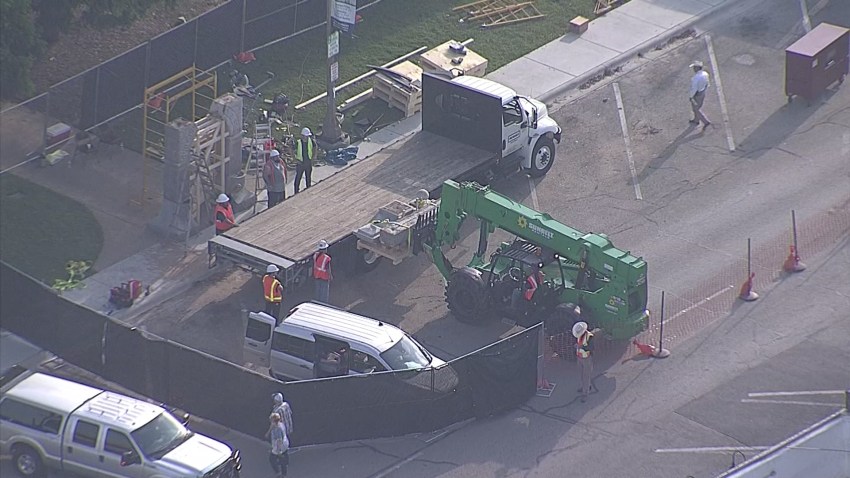The Dallas County Health and Human Services Department along with Parkland Health & Hospital System announced the launch of an automatic contact tracing system.
It’s called the COVID-19 Confidential Contact Tracing and Reporting System and was developed by Parkland and the Parkland Center for Clinical Innovation.
News of the partnership and project was announced Thursday afternoon where county and hospital leaders demonstrated the software and smartphone app behind the system.
The way it works is that software delivers messages via email or text to people identified as COVID-19 positive, asking them to provide contact information for people they have been in close contact with during the previous 14 days. Once that is done, the system then sends daily text messages, in either English or Spanish, to each of those individuals for 14 days asking them to report any COVID-19 symptoms they might develop.
“Dallas County contact tracers can then focus their efforts on direct follow-up as needed to assist each person with vital healthcare information about COVID-19,” DCHHS said. “If someone who is being monitored develops symptoms, they can be sent for COVID testing and care.”
“Contact tracing is a tried and true public health activity that DCHHS uses every day to help contain communicable diseases such as tuberculosis, sexually transmitted infections, HIV and others,” said Philip Huang, MD, MPH, Director, Dallas County Health & Human Services. “This system will enable us to scale these contact tracing activities to reach the large number of cases we are seeing with COVID-19 and use new technology to follow-up with members of the community who may have been exposed to COVID-19.”
The county said the system can send daily texts to those individuals asking them to report symptoms they may develop.
The health department said it will use traditional methods such as phone and in-person contact for those who do not receive texts or emails.
A pilot of the automated contact tracing system became operational June 22.
“Parkland developed the system to help DCHHS be as efficient and effective as possible by offering a solution to automate much of the contact tracers’ vital work,” said Brett Moran, MD, SVP, Associate Chief Medical Officer and Chief Medical Information Officer at Parkland. “We all need to work together to slow the spread of COVID-19. Contact tracing people with COVID-19 and their close contacts is critical to help slow the transmission of COVID-19 in our community and to help protect those we care about from getting this disease.”
“This is a significant next step in the proactive management of the COVID-19 pandemic. Technology is a critical enabler and we are excited to be able to use the infrastructure and analytics already created for the real-time hot-spotting and geo-mapping algorithms to accelerate the deployment of contact tracing. Together with our partners, we are able to provide and maintain the highest levels of data security to protect individual privacy and confidentiality,” said Steve Miff, PhD, CEO, Parkland Center for Clinical Innovation.


